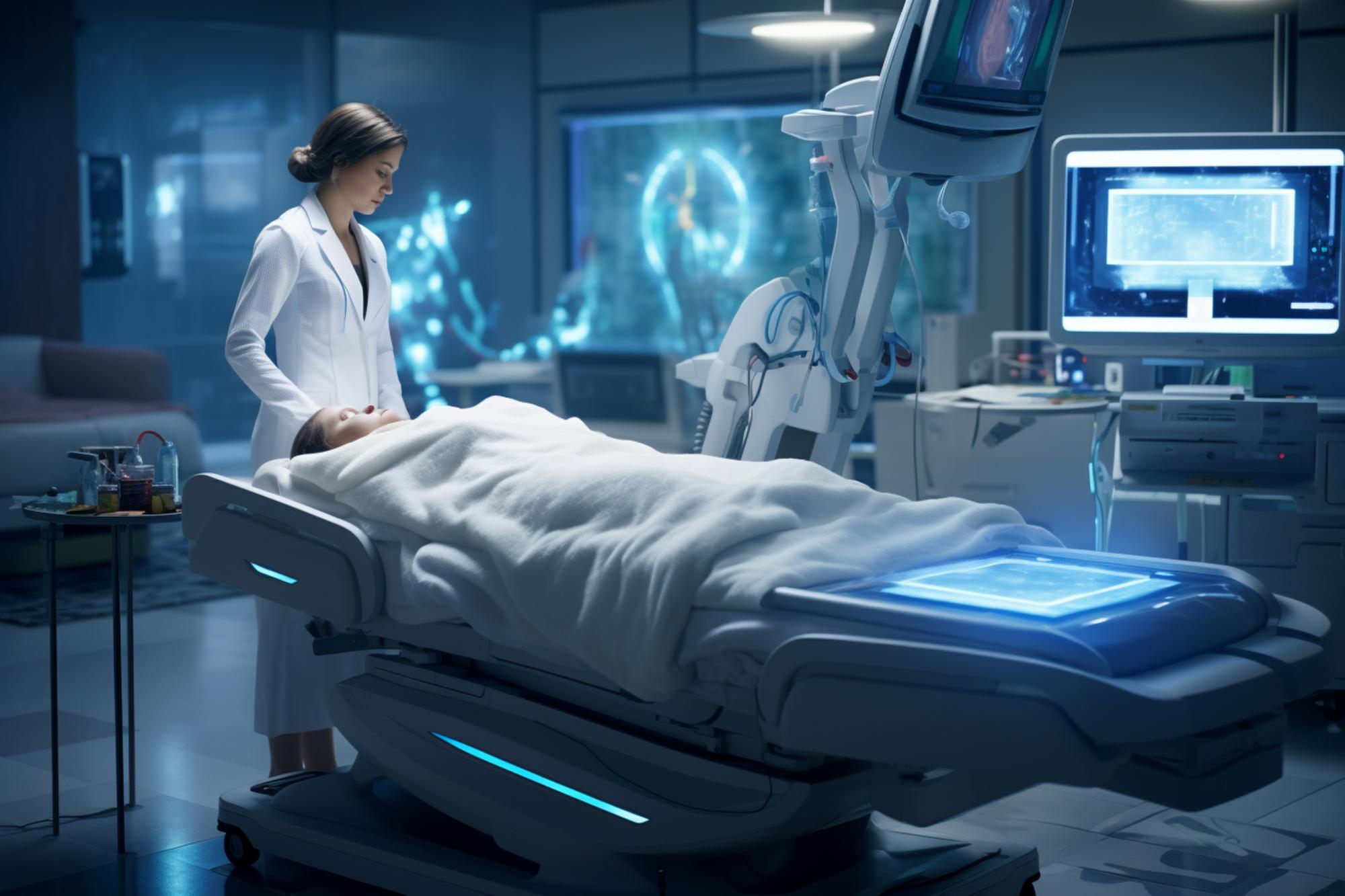Latest Notifications

Blog

Career Scope Of BSc in Critical Care Technology In 2024
As of 2024, a BSc in Critical Care Technology offers promising career opportunities in the rapidly growing healthcare sector. With the stressful lives being led by most people, the demand for a larger workforce in the healthcare sector will only boom in the coming decade. Opting for the right medical course can make or break your career.
Here are some of the career prospects and scope for individuals with a BSc in Critical Care Technology:
Critical Care Technologist:
Primary responsibilities, including but not limited to operating and maintaining different medical devices used in critical care units, such as ventilators, cardiac monitors, and defibrillators, would fall under the purview of a critical care technologist. This is a very promising industry with no shortage of jobs.
Clinical Specialist:
Students specializing in this sector must ensure the proper use and maintenance of critical care equipment. They may also provide training and support to healthcare staff on the latest technologies and procedures.
Respiratory Therapist:
Respiratory therapists assess, treat, and care for patients with breathing disorders or cardiopulmonary problems. They often work in critical care settings and utilize various respiratory care devices and technologies.
Emergency Medical Technician (EMT) or Paramedic:
EMTs and paramedics provide immediate medical care to critically ill or injured patients during emergencies. They use specialized equipment and technologies to stabilize patients and transport them to medical facilities.
As we can see, the career scope for individuals with a B.Sc. in Critical Care Technology is diverse and promising, with opportunities available in clinical practice, healthcare management, research, and technology-related roles. Contact us today to learn more about this process.

